Description
B&R 7AI261.7: Precision Analog Input That Won’t Ghost Your Process Data
You know how frustrating it is when analog readings drift during critical production runs? From my experience troubleshooting packaging lines, the B&R 7AI261.7 feels like finally getting a reliable co-pilot for your control system. One thing I appreciate is how it handles those sneaky 4-20mA signals from temperature sensors in pharma reactors – no more midnight calls about calibration drift messing with batch consistency.
Why engineers actually reach for this module
- 24-bit resolution that matters – not just marketing fluff. In water treatment plants I’ve worked with, this catches 0.01°C shifts in disinfection tanks that cheaper 16-bit modules miss.
- Channel-to-channel isolation – prevents ground loops from wrecking your data when mixing motor drives and pH sensors in the same cabinet.
- Real-time diagnostics baked in – last week a food processing client told me how the module flagged a failing thermocouple before their fryer oil temp went critical.
- Plugs straight into X20 systems – no adapter headaches. You’ll probably want to pair it with a 7CP006 controller for full system synergy.
Hard specs for your procurement checklist
| Parameter | Specification |
|---|---|
| Brand/Model | B&R Automation 7AI261.7 |
| HS Code | 8537.10.00 (Electrical control boards) |
| Power Requirements | 24V DC ±15% (1.2A typical draw) |
| Operating Temp | -25°C to +60°C – you’ll want forced cooling above 50°C in extrusion lines |
| Signal Inputs | 8x differential (±10V, 0-20mA, 4-20mA) |
| Comm Interface | X2X Link only (no Modbus – pair with 7CP006 for protocols) |
Where it pulls its weight daily
You’ll typically find these humming in places where measurement errors cost real money – like bioreactor nutrient monitoring where 0.5% pH deviation scrapes a $20k batch. A brewery client recently told me how it stabilized their wort cooling process after cheaper modules kept misreading glycol flow sensors. It’s also become my go-to recommendation for wastewater SCADA systems; the channel isolation handles those nasty mixed-signal cabinets near aeration tanks.
Why procurement teams sign off faster
Let’s be real – you’re not just buying a module, you’re buying sleep at night. The 365-day warranty (unusual in this segment) covers field failures I’ve seen with competing brands. From what I’ve observed, plants running X20 systems save 3-4 engineering hours per retrofit since it snaps into existing backplanes. And if your team’s already using Automation Studio, firmware updates happen during coffee breaks – no special tools needed. One plant manager put it bluntly: “The diagnostics paid for this module when it caught a failing RTD before we lost a whole cheese vat.”
Keep it humming: installation realities
Mount it in standard 35mm DIN rail cabinets (IP20 minimum), but here’s the kicker – keep it at least 50mm from power supplies in high-vibration areas like bottling lines. I’ve seen installations where skipped ventilation caused drift in chocolate tempering systems. Clean contacts annually with isopropyl wipes; that sticky residue from food plant atmospheres will gum up terminals. Firmware updates? Run them quarterly during planned downtime – takes 90 seconds via X2X Link. Skip calibration if your signals stay below 80% range, but verify annually for critical processes.
No certification bingo here – just what matters
CE, UL 61010-1, and IEC 61131-2 certified out the gate – no extra paperwork for EU or North American deployments. RoHS 3 compliant since 2020, so you won’t get flagged in automotive supply chains. The warranty’s clean: 365 days from ship date covering defects (excludes brownout damage – we see that in aging facilities). Oh, and delivery’s typically 1 week if we’ve got stock; worst case 4 weeks. Payment’s 50% upfront with net-30 on the balance – FedEx/UPS/DHL all work for urgent runs.

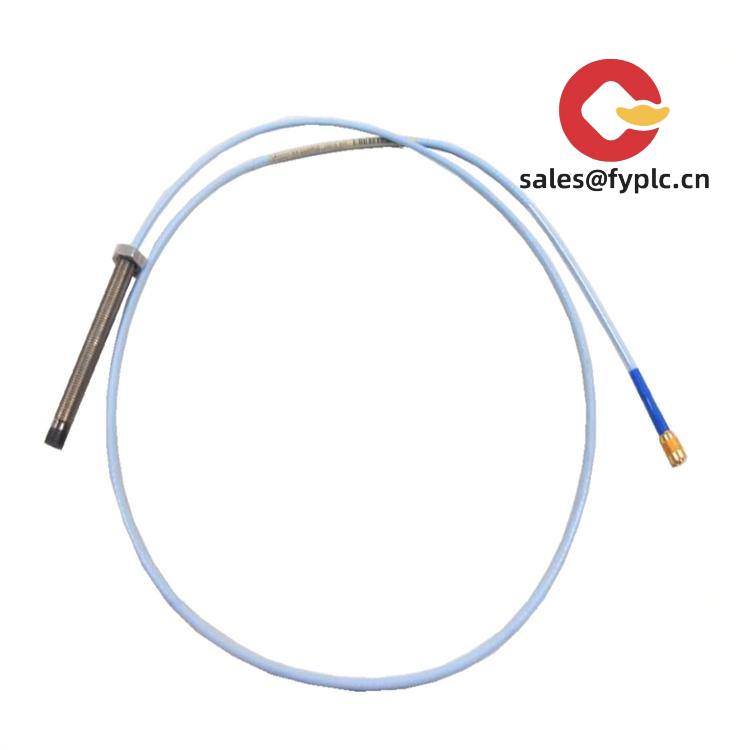
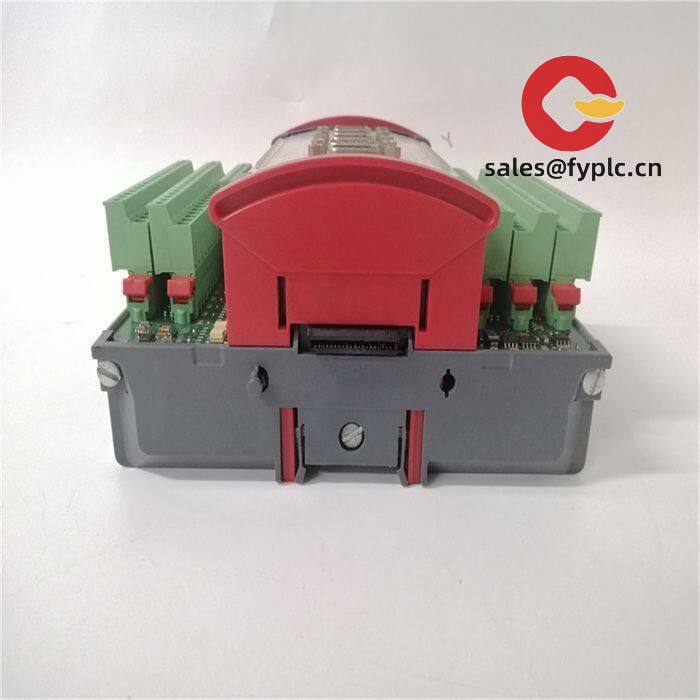
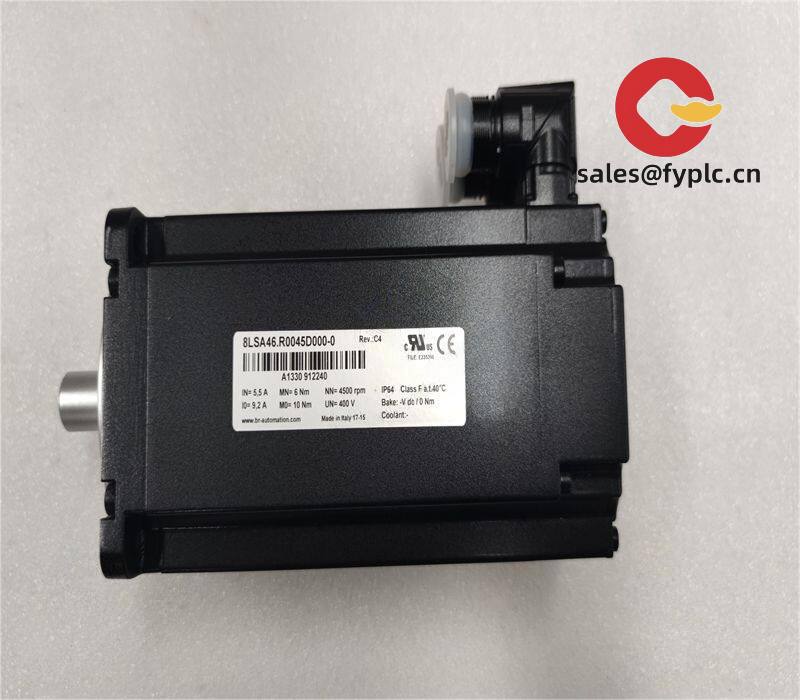


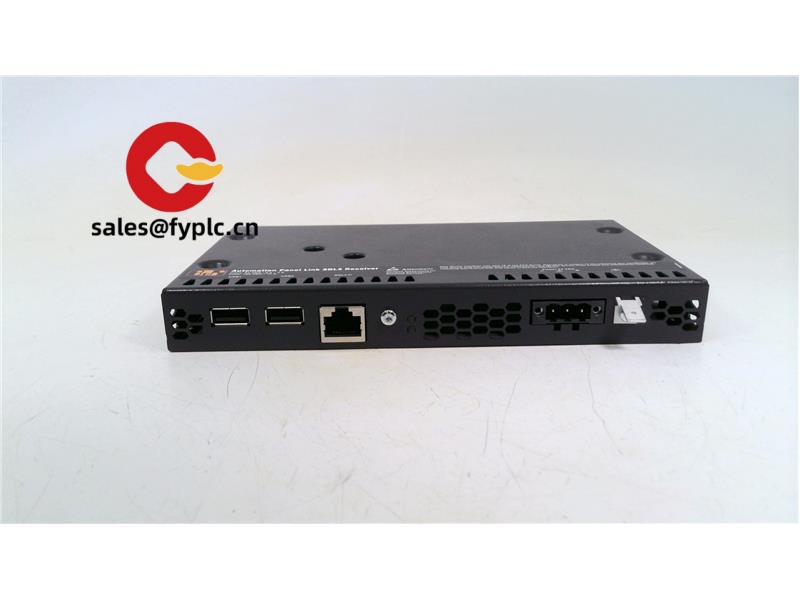
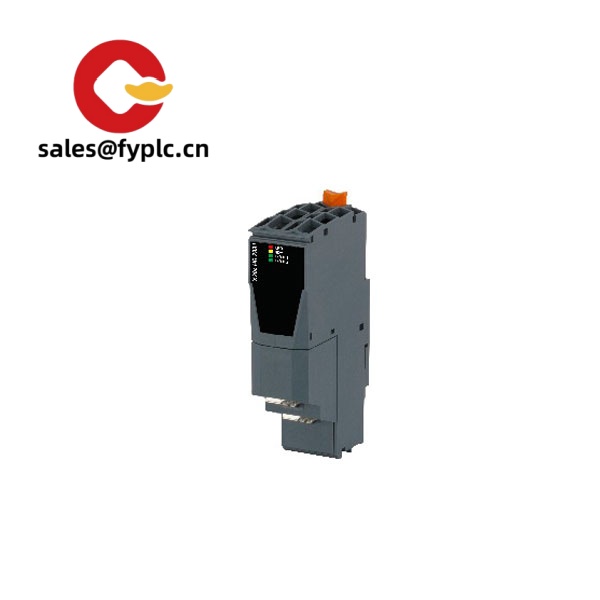
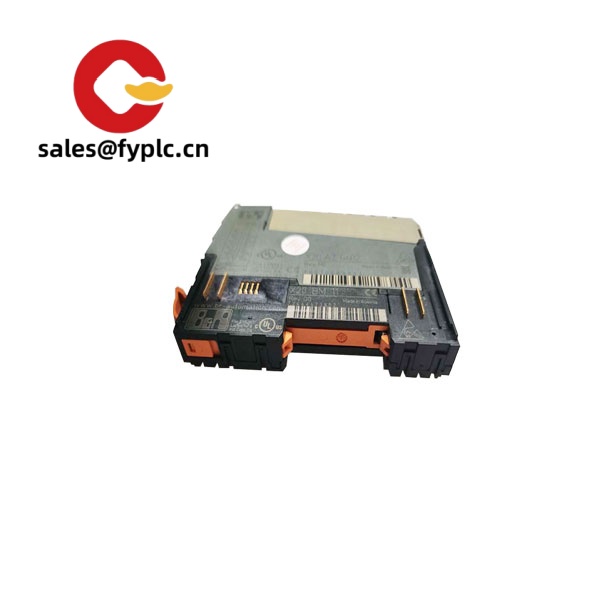
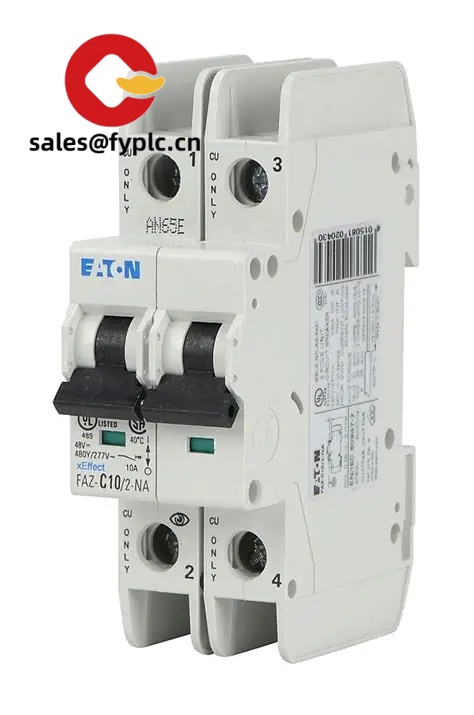
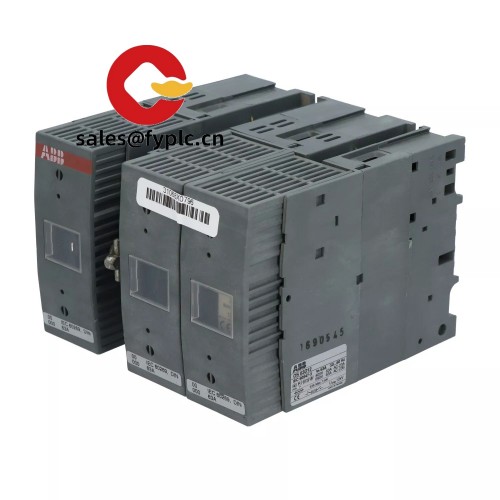
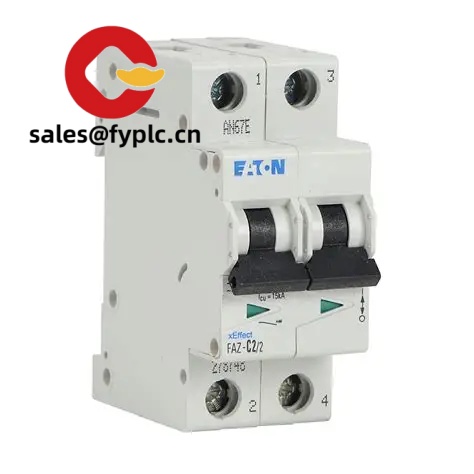
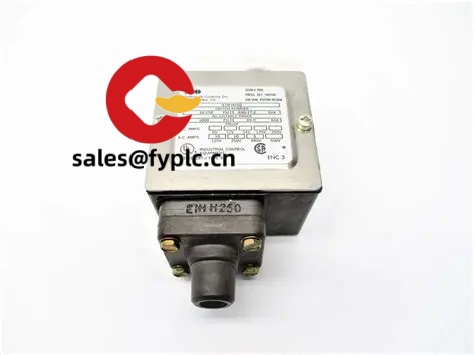
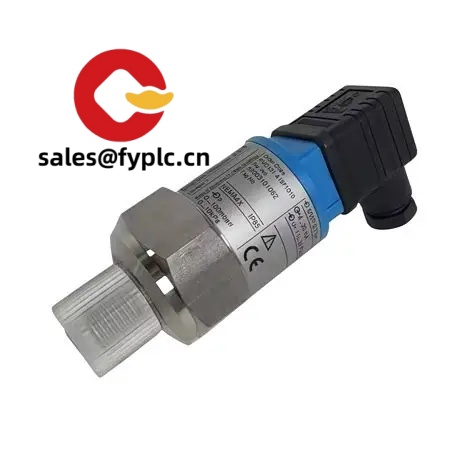


Reviews
There are no reviews yet.